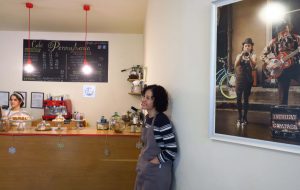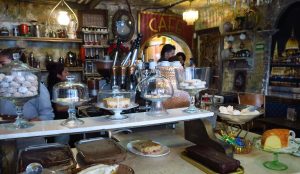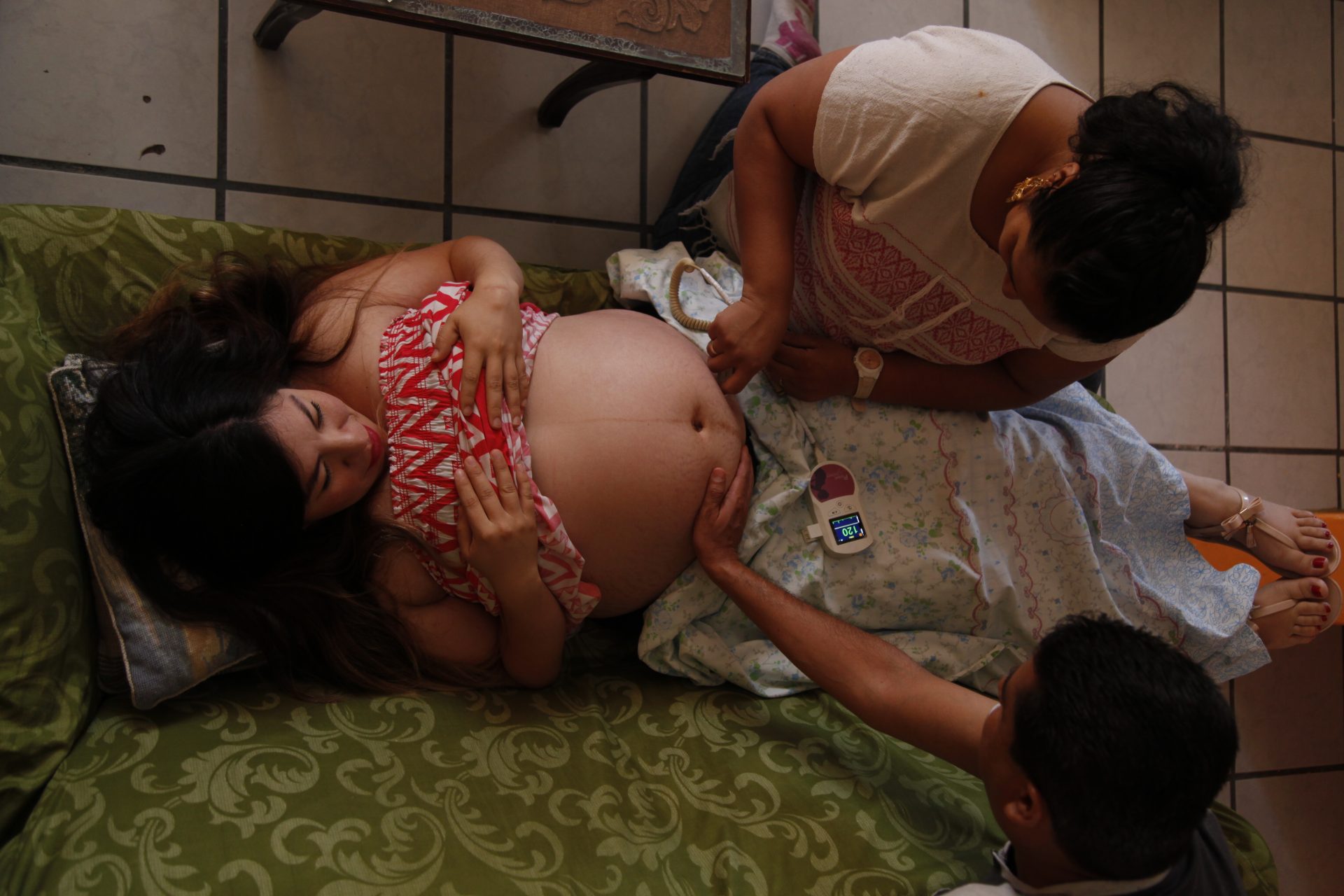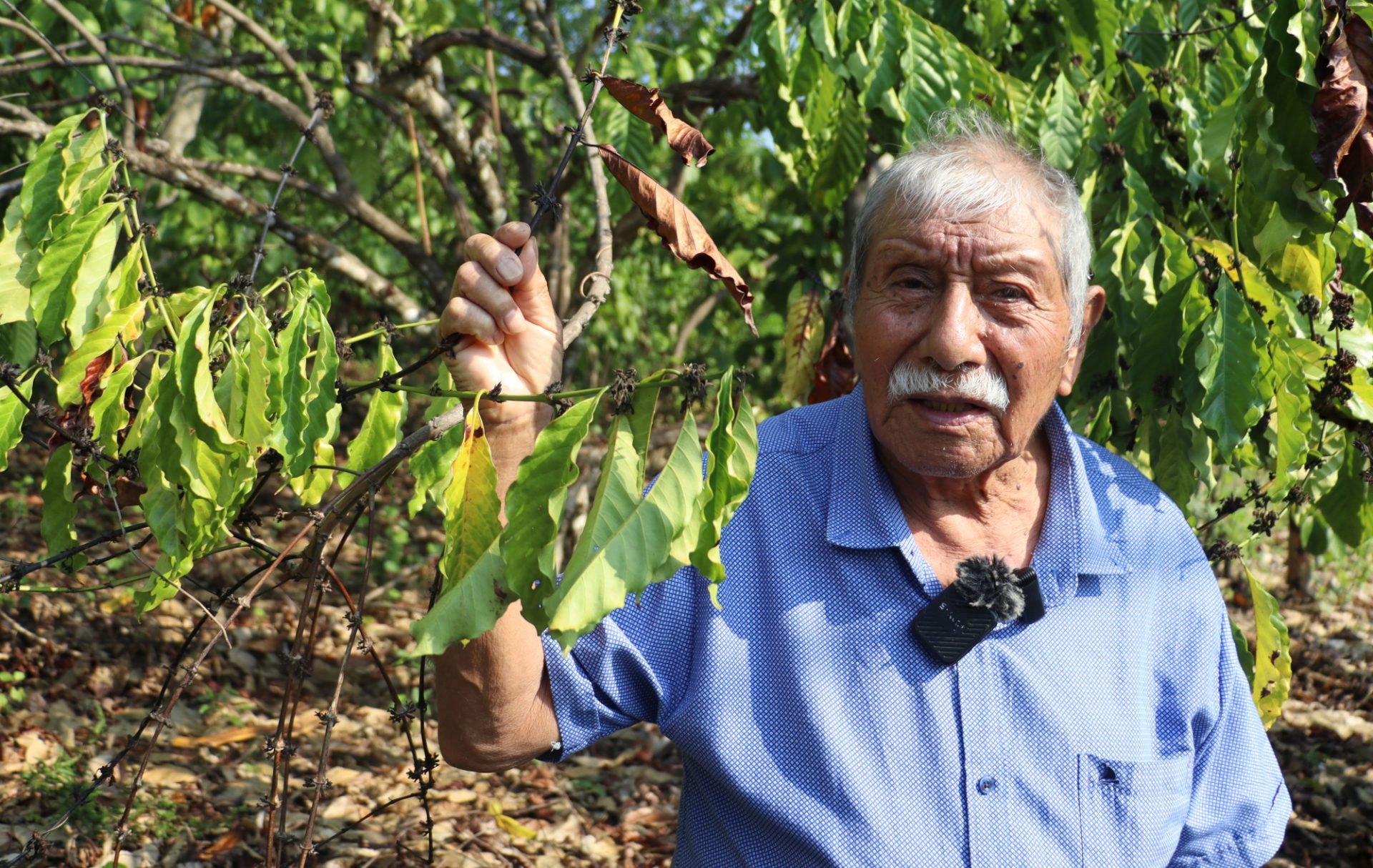
By Julito Martinez
Mexico City, Jan 1 (EFE).- In some of Mexico City’s swankiest districts – such as La Condesa, La Roma and Centro – alternative interesting and even “secret” gathering places are flourishing, including coffee shops and streetcorner eateries that recall the Europe of the early 20th century.
One of the most noteworthy options is the Budapest Cafe Cukraszda, a little coffee shop where one can enjoy traditional Hungarian pastries without leaving the Mexican capital.
The shop is decorated in a traditional style that allows visitors to travel back to one of the most intense epochs in Hungarian history.
“My parents-in-law left Hungary during the Second World War and arrived in Mexico after a huge journey,” Alberto de la Torre, the establishment’s manager, said.
De La Torre’s father-in-law, an eye surgeon, had his medical credentials accepted by a prestigious hospital in Rochester, New York, and he happened to operate on a high Mexican government official who, in gratitude, facilitated the processing of his immigration documents in Mexico.
Although his parents-in-law died some time ago, De La Torre’s wife “wanted to keep the essense” of the family tradition, translating it into a hotel business. They opened their first such establishment in the Polanco district, one of Mexico City’s wealthiest areas, and later moved it to La Roma.
Among the most outstanding elements of the decoration of the current establishment is a coffee shop from the 1950s with assorted motifs that transport customers back to the Hungarian milieu of the first third of the 20th century.
 The style of the coffee shop “comes from … Budapest and is influenced by other countries of Central Europe,” said De La Torre, adding that his wife wanted to recreate how a coffee shop of that era looked.
The style of the coffee shop “comes from … Budapest and is influenced by other countries of Central Europe,” said De La Torre, adding that his wife wanted to recreate how a coffee shop of that era looked.
Along with the period coffee shop is the pastry shop, with all the pastries sold there made in the Austro-Hungarian tradition. “They are recipes that my mother-in-law brought and which she had inherited from her mom. And my wife continued to make them just the same way,” De La Torre said.
Not far from there, in the Napoles neighborhood, passersby can get food and shelter at the Cafe Pennsylvania, a tidy little establishment that many consider to be “secret” since it’s housed within an old residence.
“In reality, when they say the cafe is secret, what they mean is that it’s a place that has a rather non-traditional look, since it’s the lobby of an old traditional apartment building,” Mireya Olivas, the owner of the business, told EFE.
Thanks to keeping the original look of the space, “people come in and it seems that they’re in a house, and so they feel right at home.” The customers don’t believe they’re in a coffee shop and “they think it’s secret.”
The shop specializes in breakfast pastries and one can also order up various types of coffee, all of them within a welcoming and family-style environment.
The business is only open until 2 pm, with “the schedule being morning-only so that what is served will be very fresh,” said Olivas, who added that they wanted to specialize in breakfast and morning coffee since that would ensure customers that “the bread is freshly baked.”
“We’re not a chain, but rather a local neighborhood establishment,” Olivas said, adding that her customers are “neighbors and many people who work in the area.”
Establishments such as the Budapest Cafe Cukraszda and the Cafe Pennsylvania break the classic mold of coffee shops in the Mexican capital.
But they also resond to the tradition of enjoying a pleasant afternoon in good company, as in other well-known establishments such as La Ideal, La Opera and El Pata Negra.
In all of them, Mexicans can enjoy coffee and pastries at any time of year, although with Epiphany approaching the pastries are in the traditional “rosca de reyes” style.






